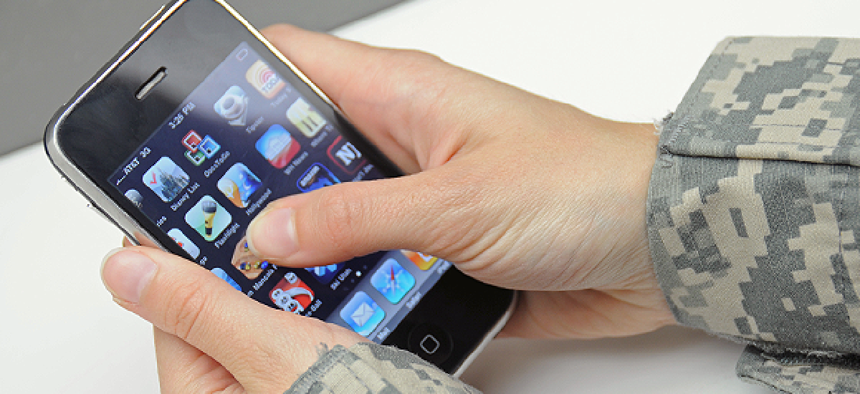Emotional subtext in tweets may signal health issues


Connecting state and local government leaders
Researchers at Pacific Northwest National Laboratory analyzed 171 million anonymized tweets from users near military bases to find patterns of opinion and emotion that correlate with medical visits for influenza-like illnesses.
Public health researchers have been trying to analyze online behavior to predict disease outbreaks since at least 2008, when Google Flu Trends was first launched. Since then, health researchers have monitored Wikipedia searches, tracked mentions on Yelp for indications of food poisoning, analyzed food-based sales data to stop the distribution of contaminated food and even sponsored a challenge to predict the timing, peak and intensity of each year's flu seasons. The sooner trends can be identified or predicted, the faster public health agencies can respond.
Now, researchers at the Department of Energy's Pacific Northwest National Laboratory are trying to understand how people behave differently on social media when they are sick by tapping into data generated from emotional signals in tweets from members of the military.
"Opinions and emotions are present in every tweet, regardless of whether the user is talking about their health," said Svitlana Volkova, a data scientist at PNNL and lead author of the study. "Like a digital heartbeat, we're finding how changes in this behavior relate to health trends in a community."
The Defense Threat Reduction Agency-sponsored study focused on military communities because they not only share a common location, responsibilities and way of life, but also are semi-isolated, so flu-like illnesses can spread rapidly and disrupt military operations.
Looking to understand the correlation between psychological behavior and health in the military population, the research team analyzed 171 million anonymized tweets from users in areas surrounding 31 military bases to find patterns of opinion and emotion that correlate with medical visits for influenza-like illnesses.
Regardless of their health, military tweeters expressed more negative opinions as well as more anger and disgust compared to the control group, which researchers said concurs with recent reports on mental-health risk among members of the U.S. military.
For both the control group and the military, neutral opinions and sadness were expressed most during high influenza-like illness periods. During low-illness periods, positive opinion, anger and surprise were expressed more.
Overall, the researchers said, information gained in this study shows that social media data can illustrate the correlation between psychological behavior and health in the military population. If it can be combined with neural network models, prediction accuracy can be further improved.

NEXT STORY: Census cuts to 'virtual canvass' will increase workload for human enumerators





